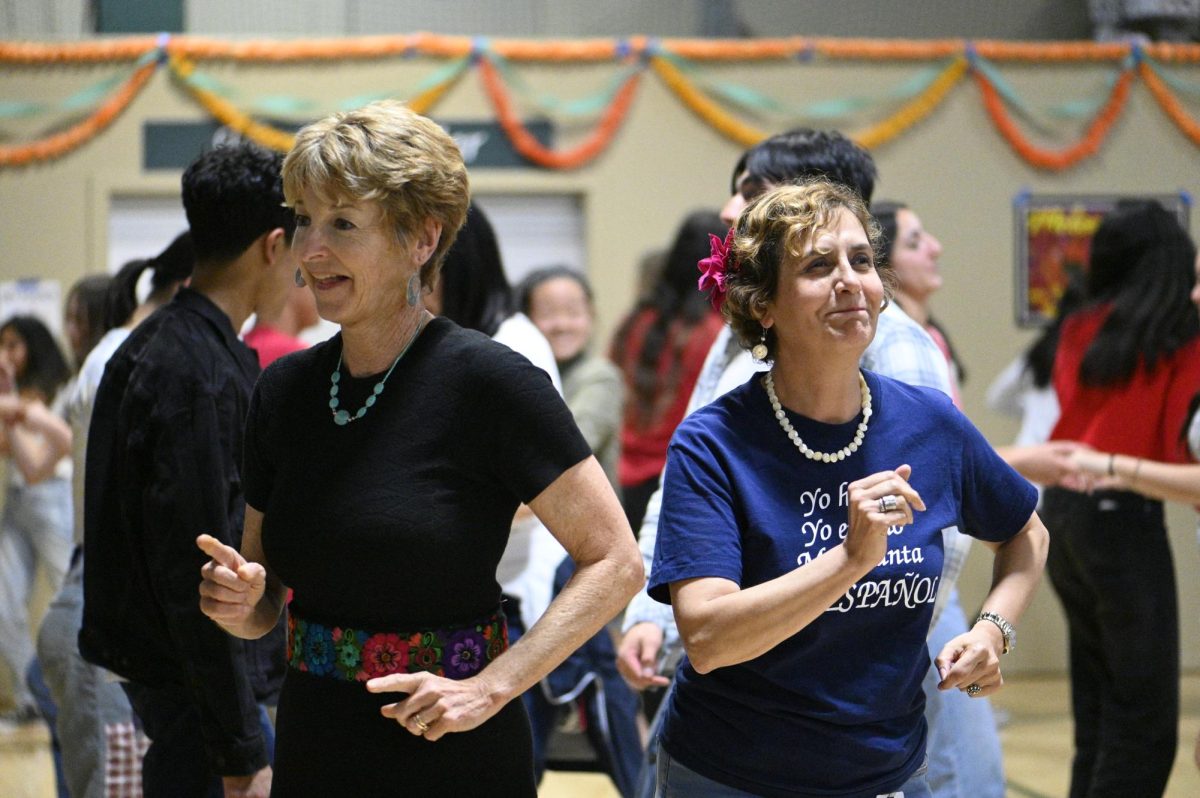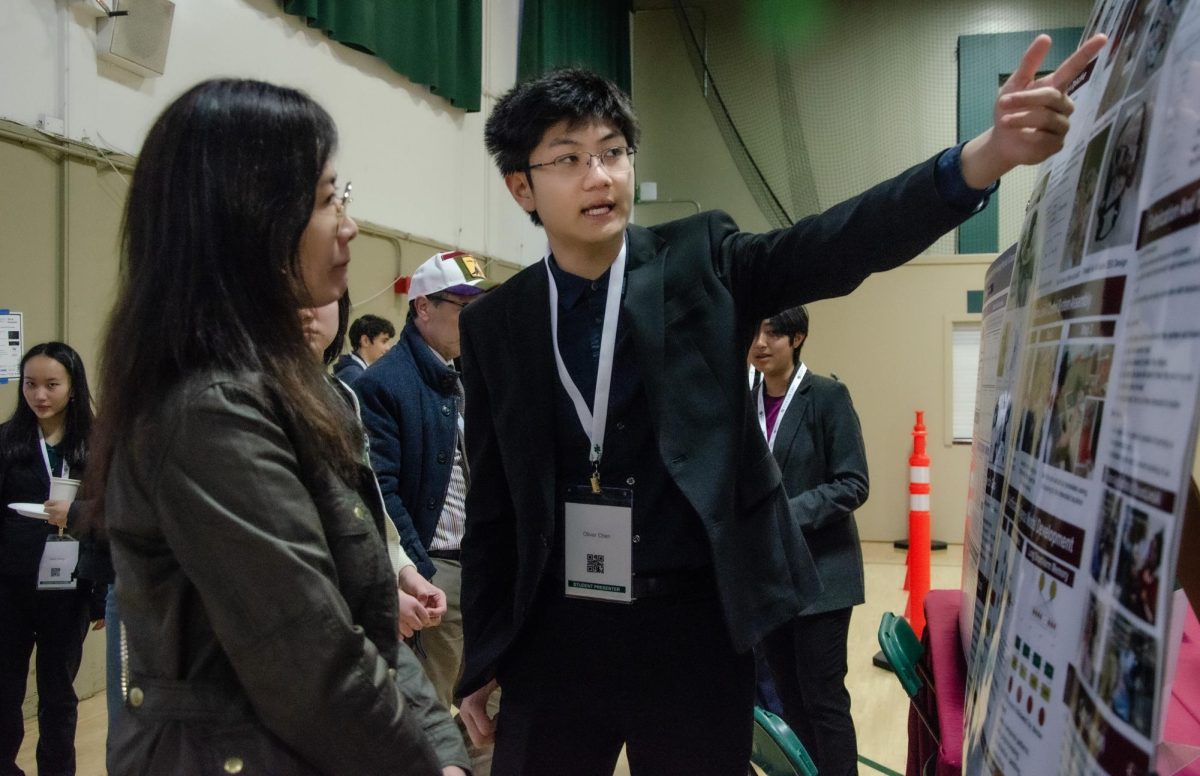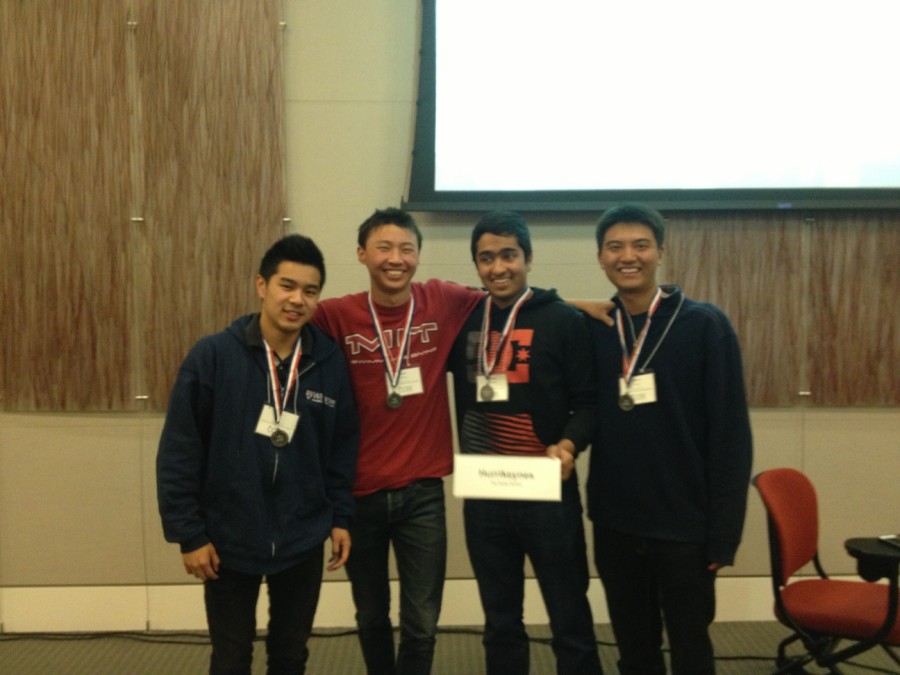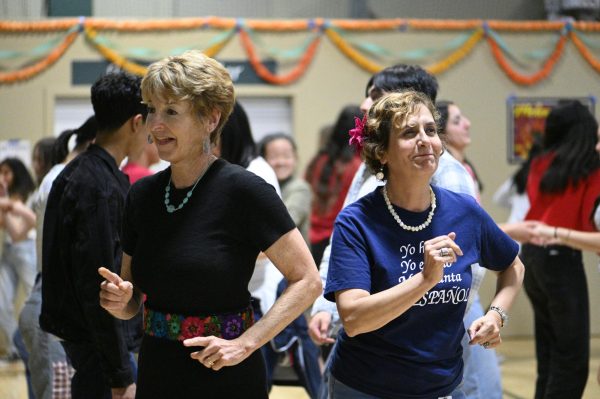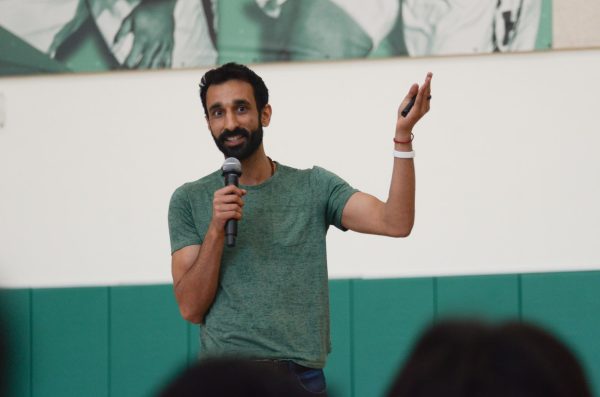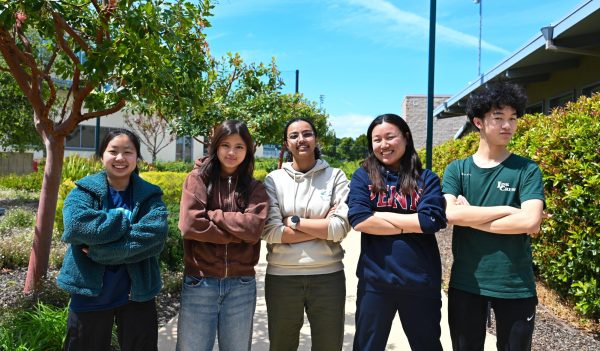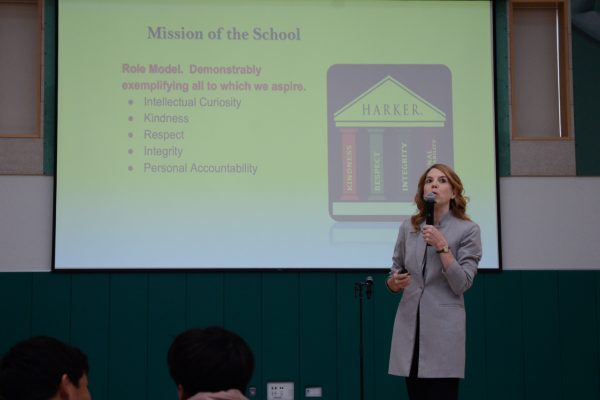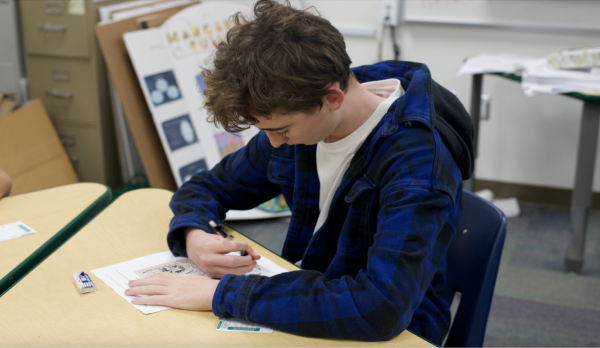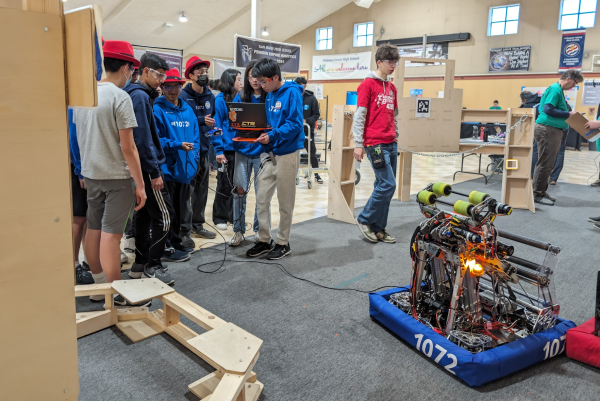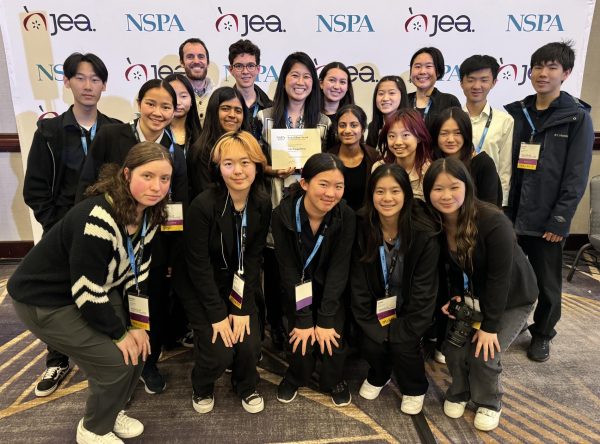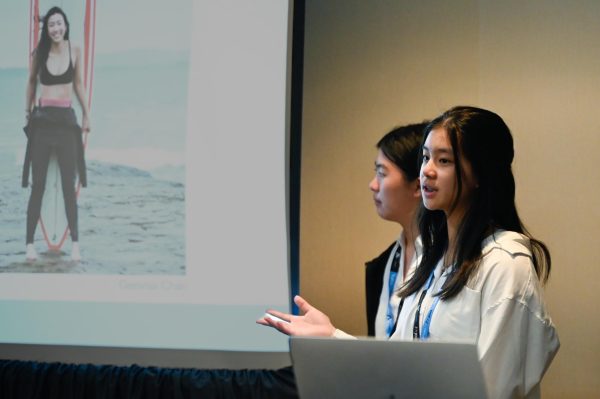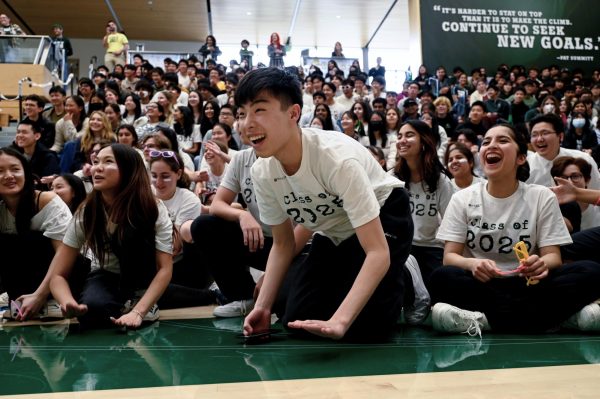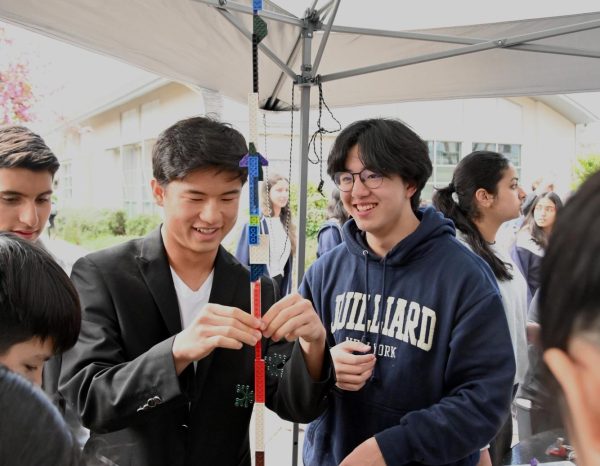Upper School seniors compete in the National Economics Challenge national semifinals
A team of four seniors represented Northern California in the national semifinal competition of the National Economics Challenge (NEC) on April 14, taking a test to qualify for the final round of the competition.
The NEC state competition took place at the Federal Reserve building in San Francisco on April 7 among the five highest scoring teams from Northern California. Three of the five teams in the state qualifier were from the Upper School. Of those teams, the “Hurrikeynes,” a team comprised of seniors Steven Wang, Aswath Thirumalai, Rohith Kuditipudi, Leo Yu and Aaron Huang, advanced to represent Northern California in the national semifinal competition, in which the team will compete against the 50 teams representing the other states and Southern California.
As for the test itself, the NEC assesses students on microeconomics, macroeconomics, international policy and current events. The national semifinal round comprises a 45 question multiple-choice exam. The national final round will feature a quiz bowl round, along with a written test.
The competition assesses material beyond the AP Economics curriculum, requiring knowledge of information such as the accomplishments of influential figures in economics, as well as data regarding current exchange rates.
According to Anika Mohindra (11), a member of one of the teams that qualified for the state level, attributed the students’ interest and success to the economics teachers.
“If perhaps the teachers were not up to their caliber, I might not have been as interested in economics as I was this year, simply [because] they made the subject so interesting and really went into depth on different concepts,” Anika said. “I think that really helped us in the Econ Challenge too because we knew some stuff that was outside the curriculum that showed up on the test just by virtue of their digressions in class.”
Signups for the competition commenced in February. Participants joined teams of four and independently studied advanced economic topics.
According to Economics teacher Samuel Lepler, this year sported an unusually high student turnout.
“This year we had by far the most we’ve ever had,” Lepler said. “We had 13 teams, which is 52 students. [Mr. Halback and I], combined at the AP level, teach only six classes, so we’re talking about a 50% participation rate or more.”
The four teams with the highest test scores from the national semifinal competition will travel to New York City in May for the NEC finals where a winner will be chosen.
This piece was originally published in the pages of The Winged Post on April 22, 2015.
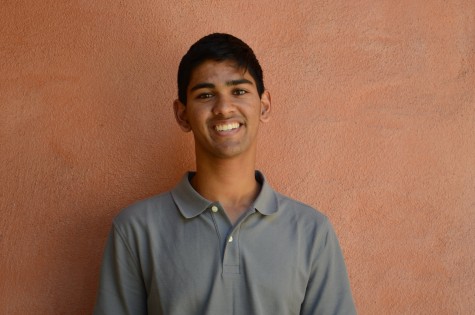
Aditya Varshney (12) is the opinion editor of Harker Aquila and the Winged Post. This is his second year on staff. During his junior year, he occupied...
Derek Yen is a senior and the Opinion Editor of Winged Post. Derek served as the STEM Editor of Aquila and Winged Post during his junior year and as a...































![Setter Emma Lee (9) sets the ball to the middle during the match against Pinewood on Sept. 12. “[I’m looking forward to] getting more skilled, learning more about my position and also becoming better friends with all of my teammates, Emma said.](https://harkeraquila.com/wp-content/uploads/2023/09/DSC_4917-2-1200x795.jpg)








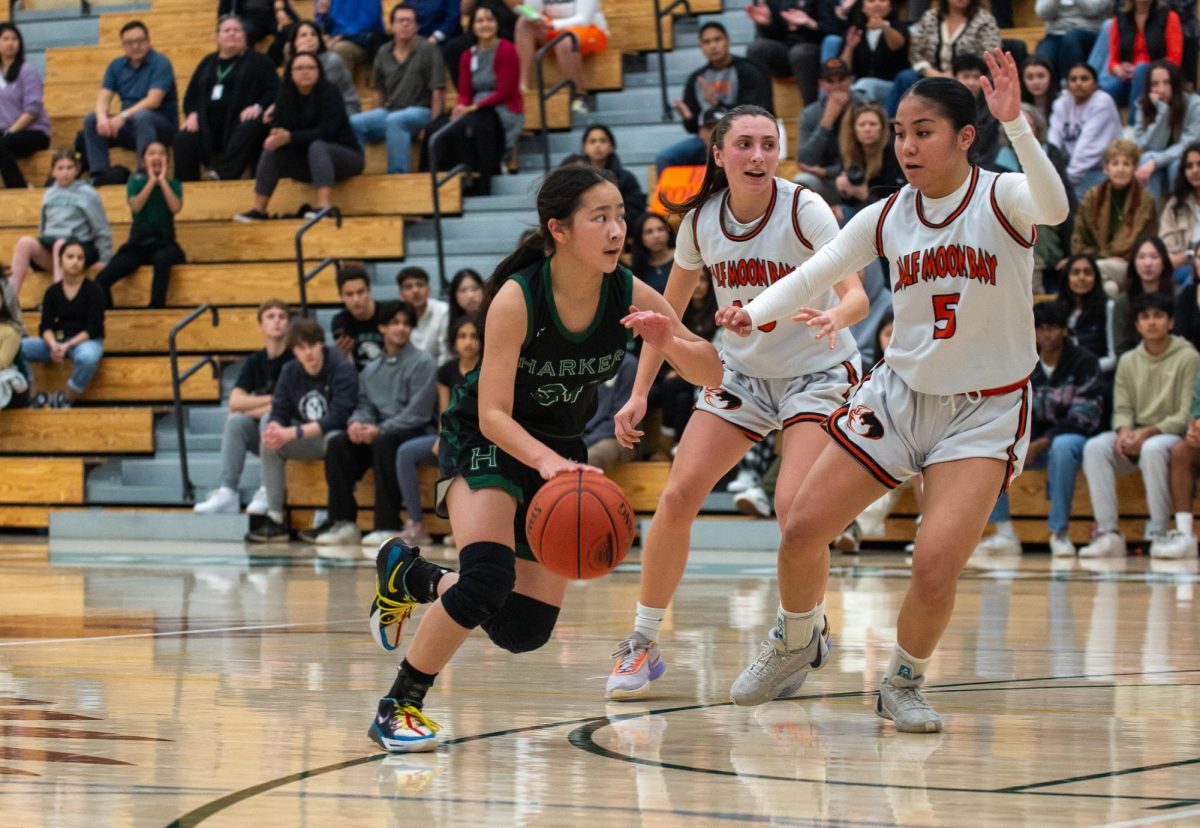























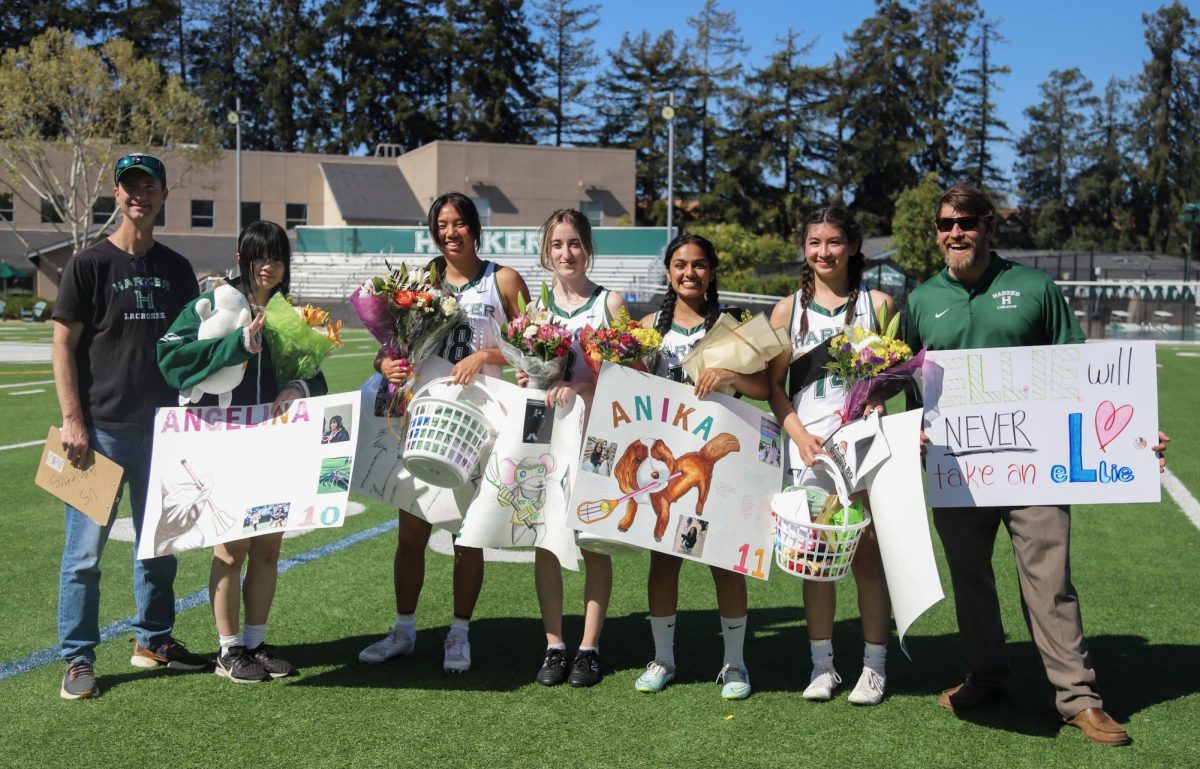
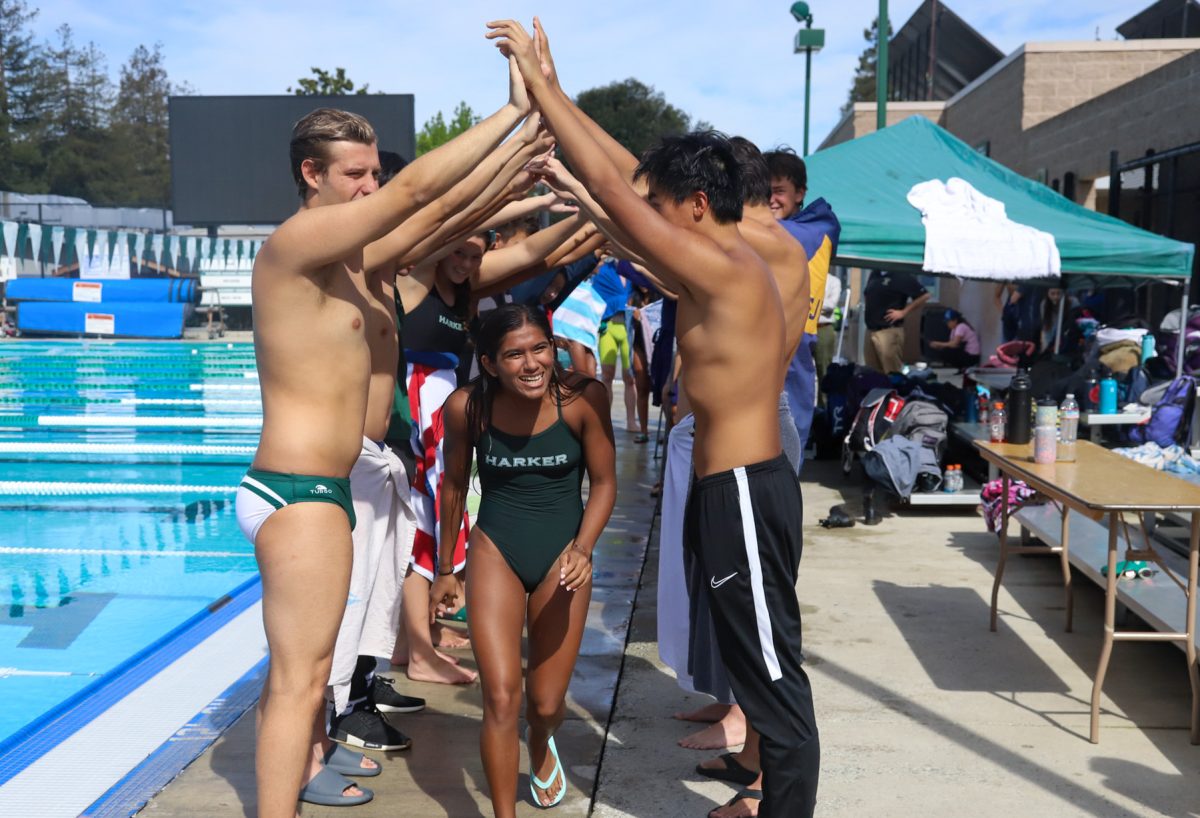
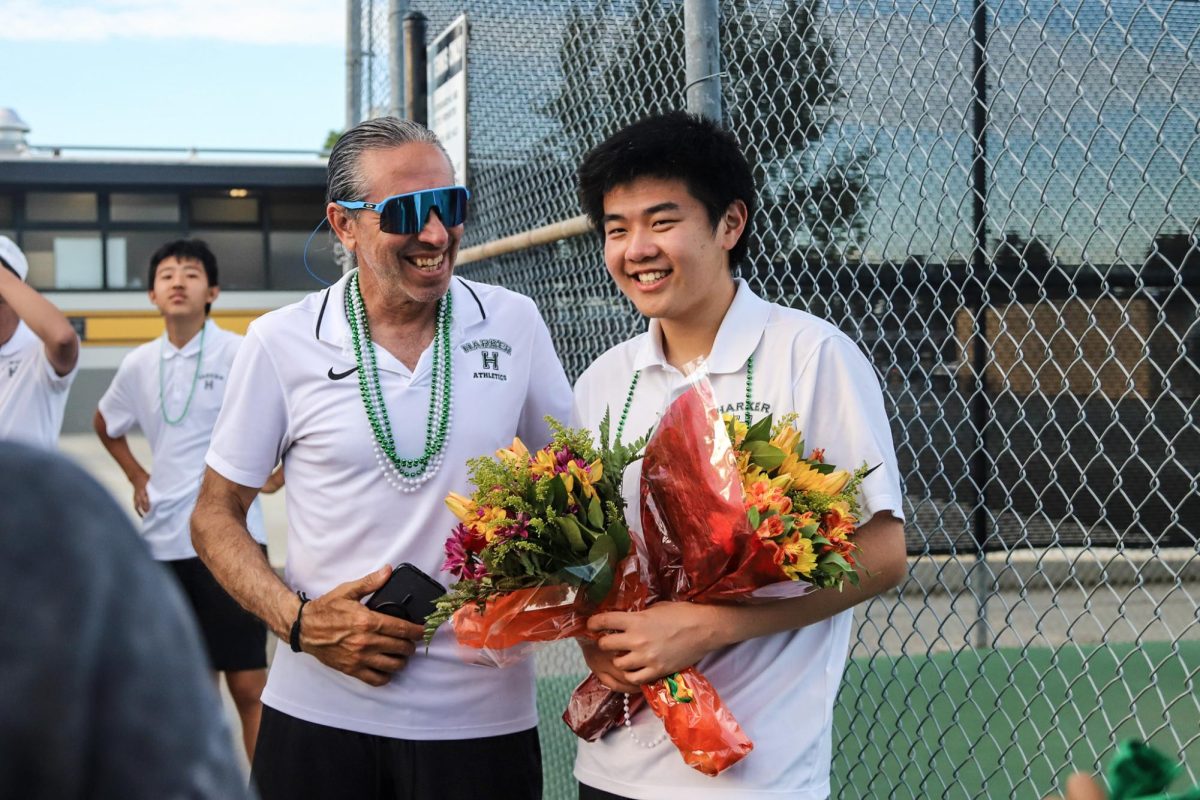
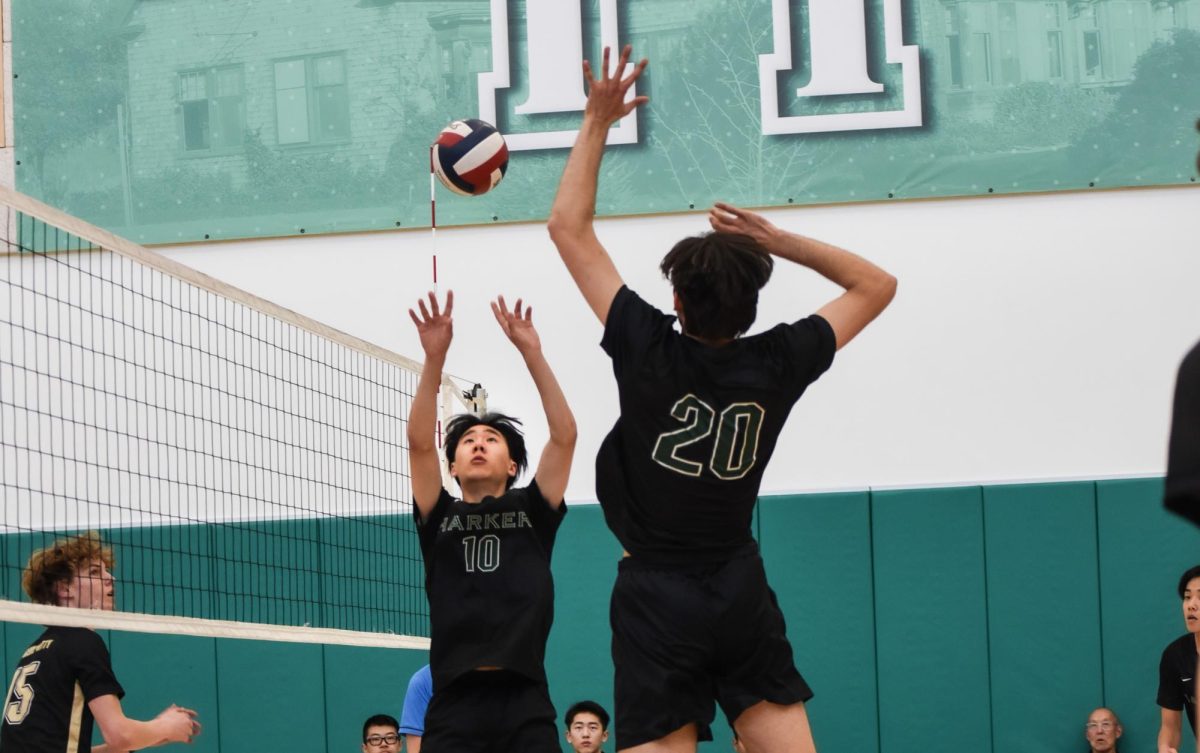
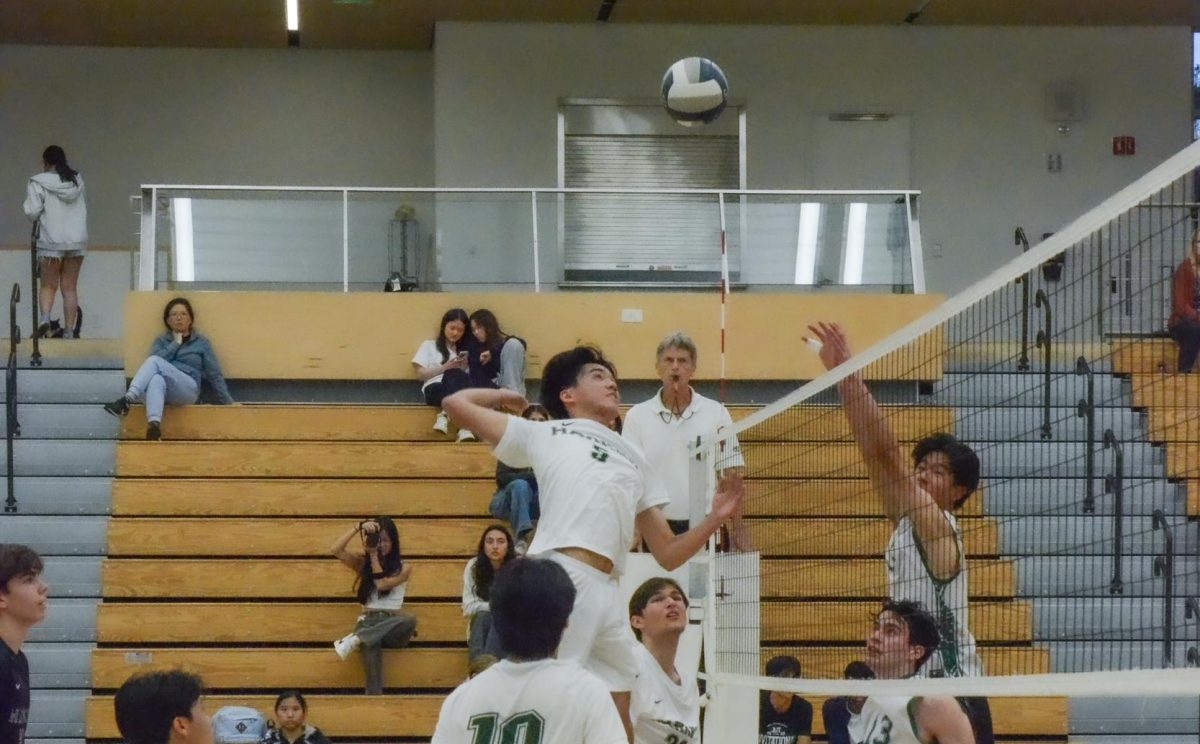
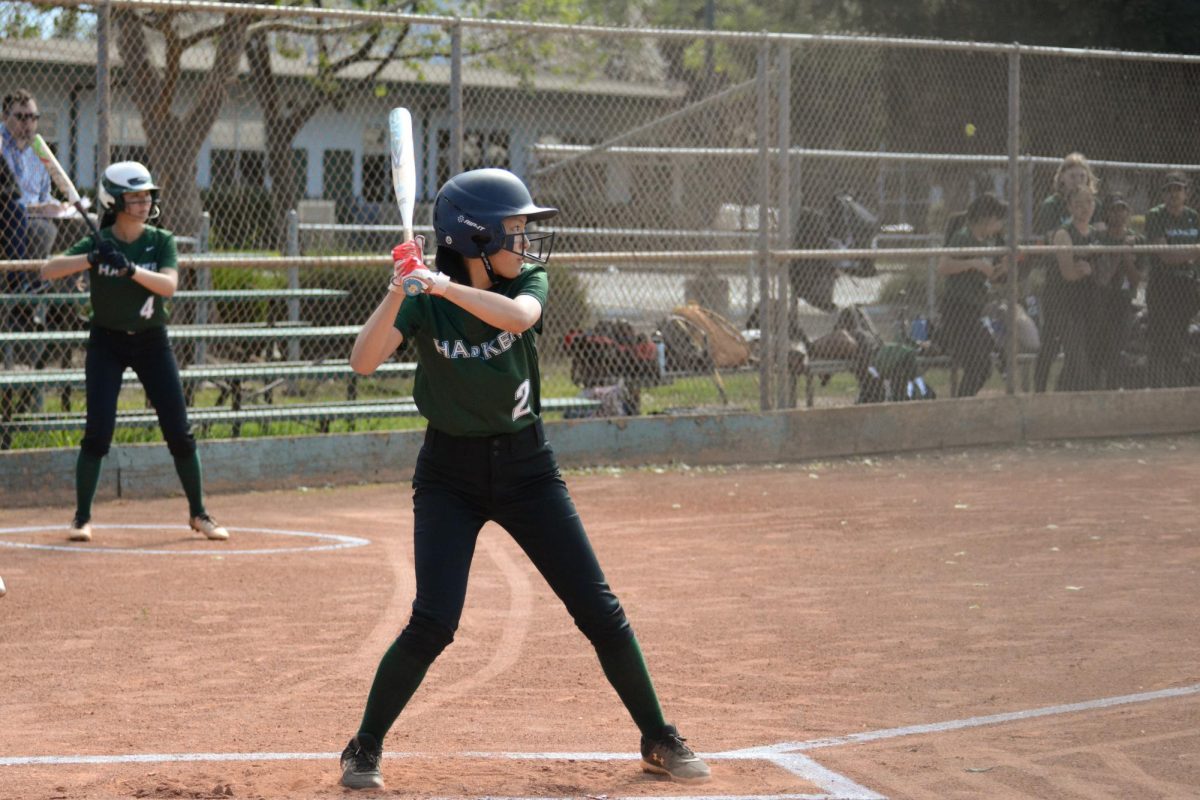



























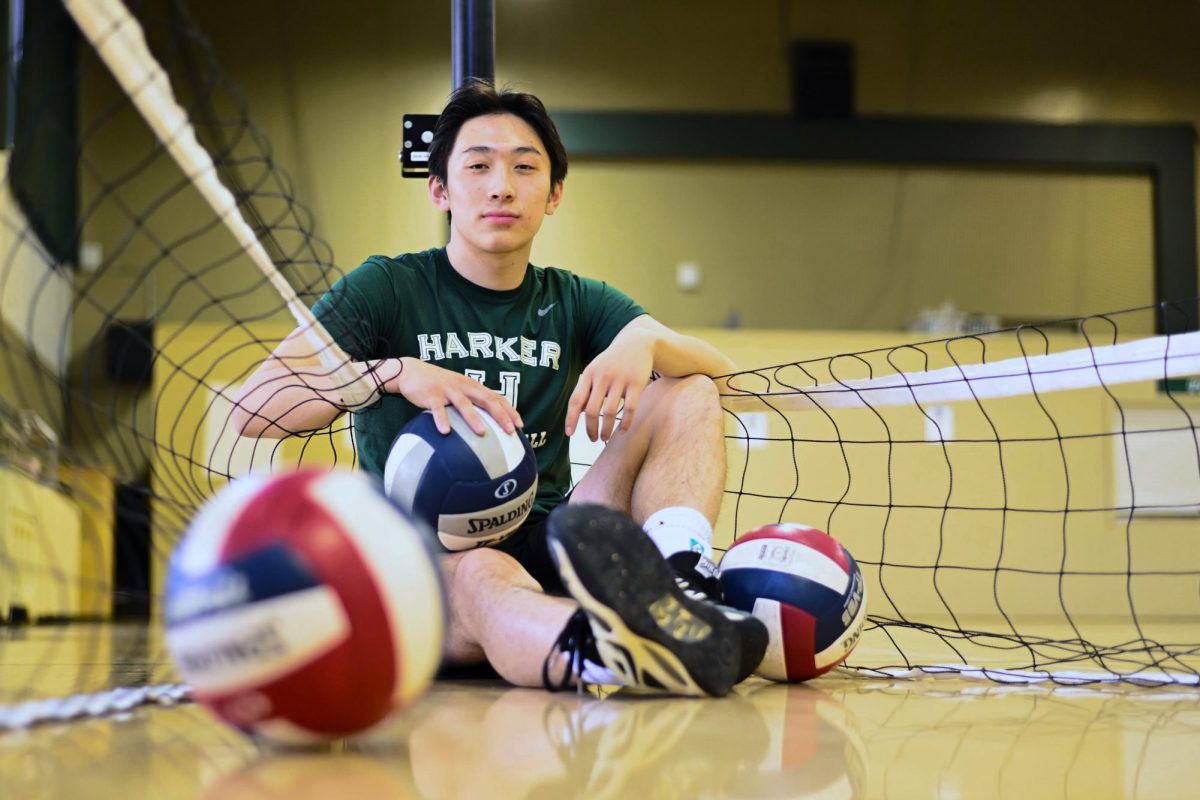
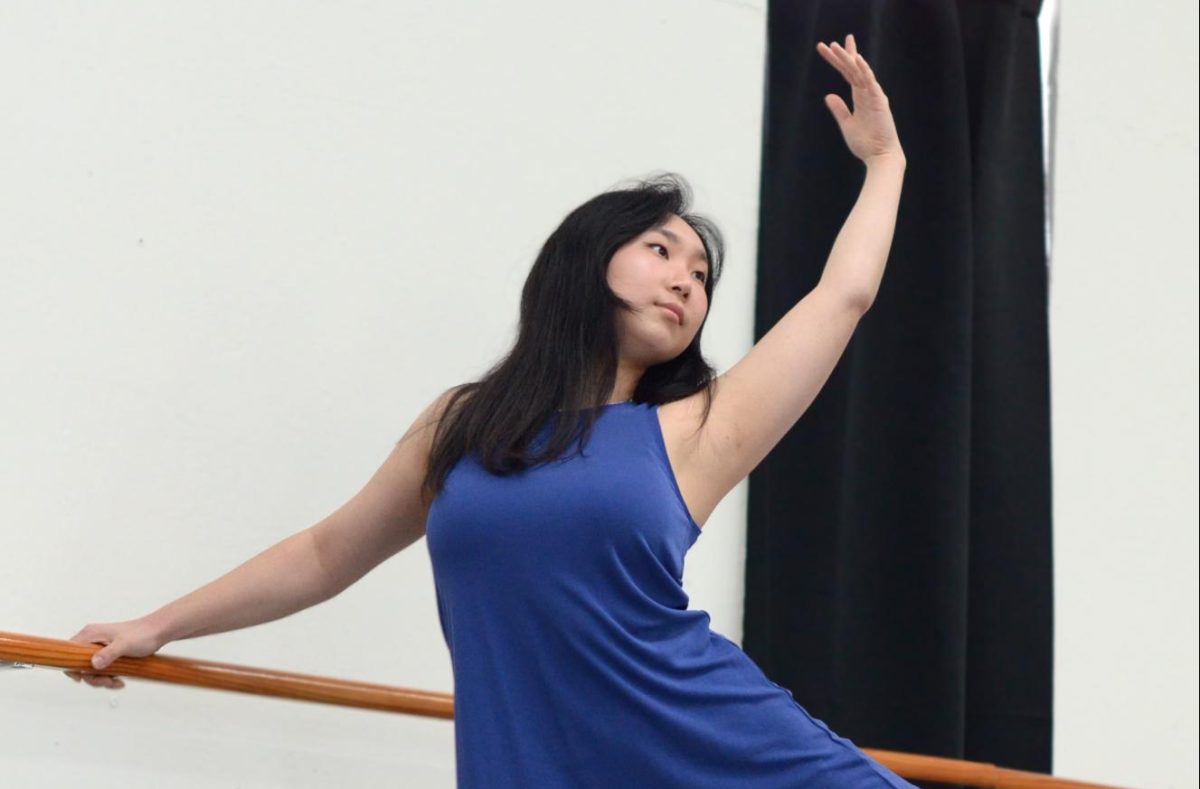


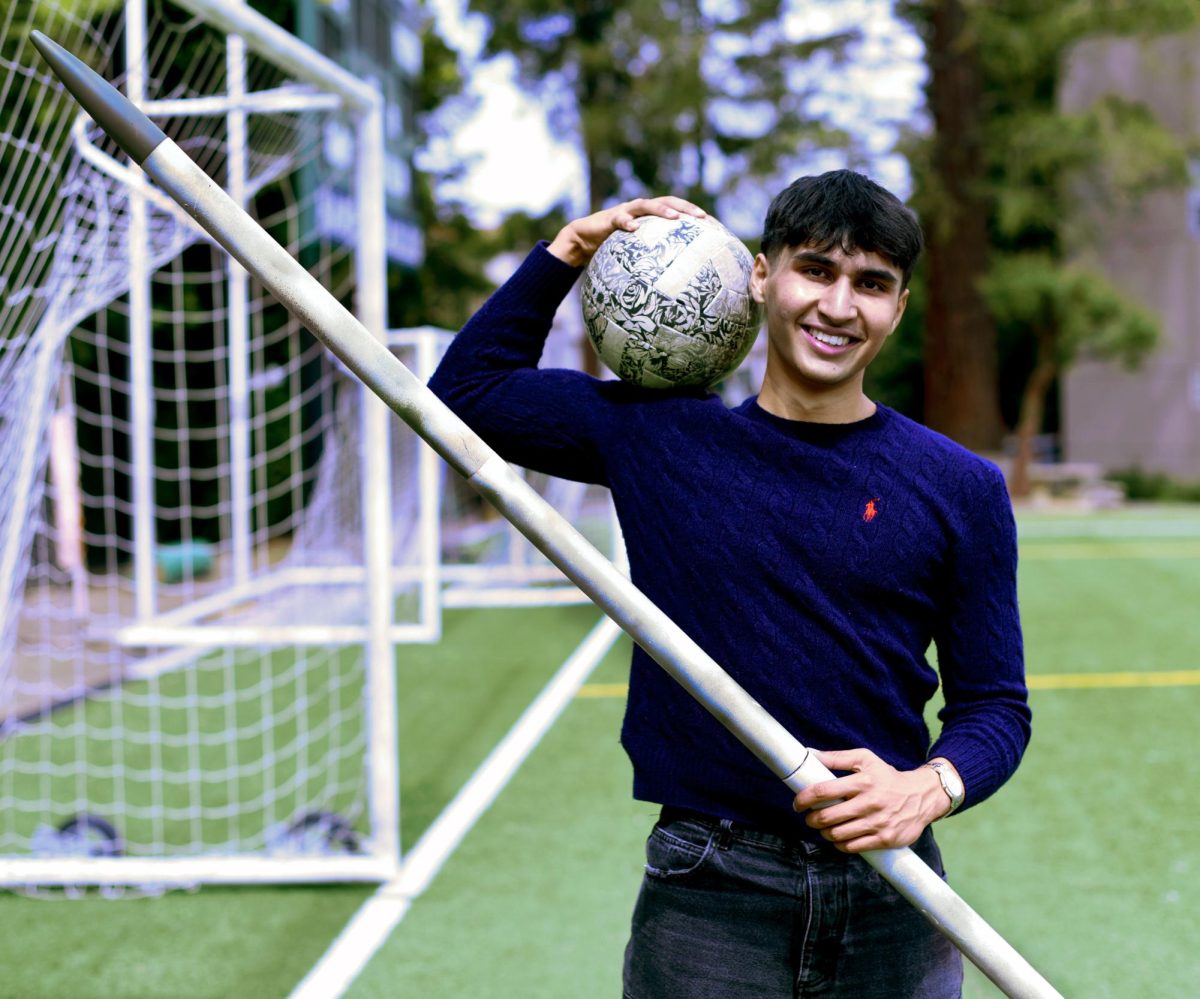
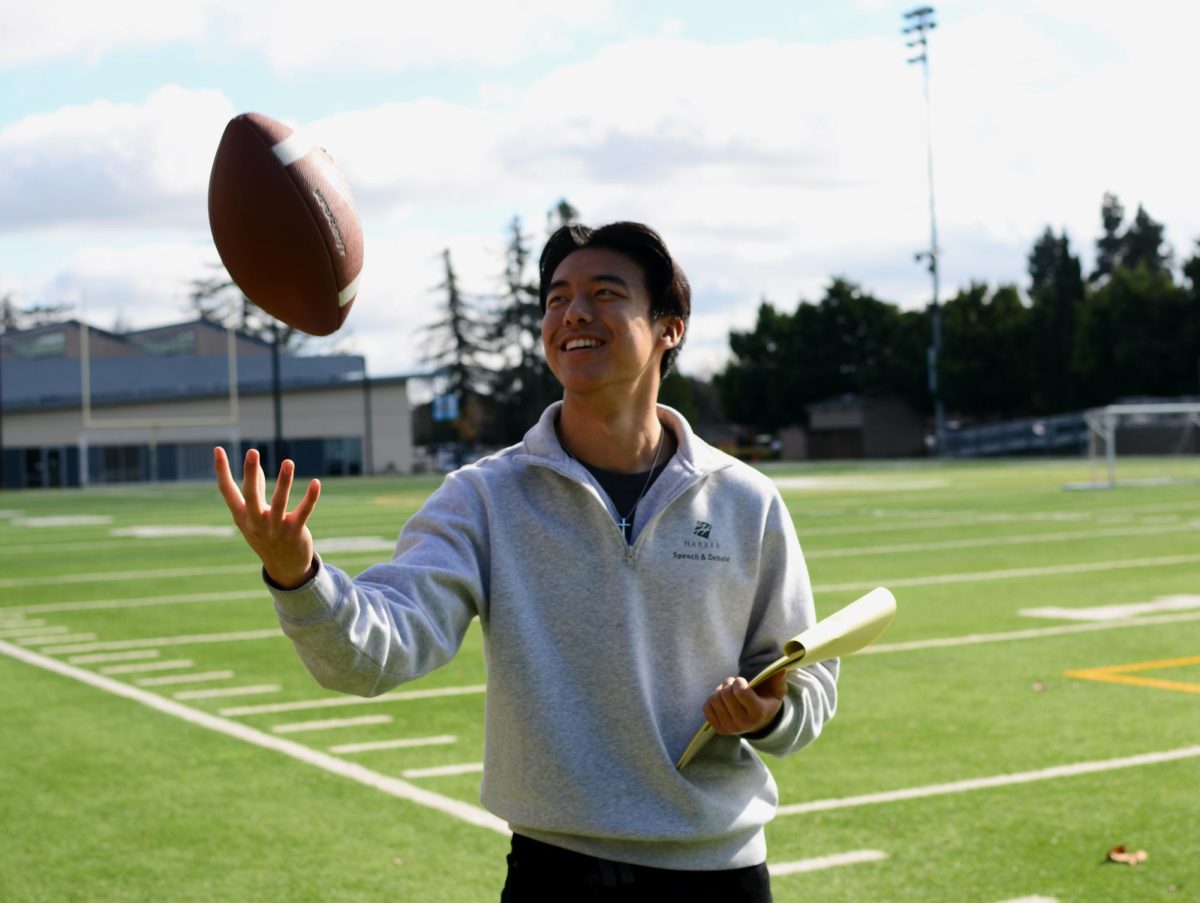








![“[Building nerf blasters] became this outlet of creativity for me that hasnt been matched by anything else. The process [of] making a build complete to your desire is such a painstakingly difficult process, but Ive had to learn from [the skills needed from] soldering to proper painting. Theres so many different options for everything, if you think about it, it exists. The best part is [that] if it doesnt exist, you can build it yourself, Ishaan Parate said.](https://harkeraquila.com/wp-content/uploads/2022/08/DSC_8149-900x604.jpg)


![“Animation just clicked in a way. I had been interested in art, but that felt different. [Animation] felt like it had something behind it, whereas previous things felt surface level. I wasnt making that crazy of things, but just the process of doing it was much more enjoyable, Carter Chadwick (22) said.](https://harkeraquila.com/wp-content/uploads/2022/08/Screen-Shot-2022-08-16-at-9.44.08-AM-900x598.png)


![“When I came into high school, I was ready to be a follower. But DECA was a game changer for me. It helped me overcome my fear of public speaking, and its played such a major role in who Ive become today. To be able to successfully lead a chapter of 150 students, an officer team and be one of the upperclassmen I once really admired is something Im [really] proud of,” Anvitha Tummala (21) said.](https://harkeraquila.com/wp-content/uploads/2021/07/Screen-Shot-2021-07-25-at-9.50.05-AM-900x594.png)



![“[Volleyball has] taught me how to fall correctly, and another thing it taught is that you don’t have to be the best at something to be good at it. If you just hit the ball in a smart way, then it still scores points and you’re good at it. You could be a background player and still make a much bigger impact on the team than you would think,” Anya Gert (’20) said.](https://harkeraquila.com/wp-content/uploads/2020/06/AnnaGert_JinTuan_HoHPhotoEdited-600x900.jpeg)

![“Im not nearly there yet, but [my confidence has] definitely been getting better since I was pretty shy and timid coming into Harker my freshman year. I know that theres a lot of people that are really confident in what they do, and I really admire them. Everyones so driven and that has really pushed me to kind of try to find my own place in high school and be more confident,” Alyssa Huang (’20) said.](https://harkeraquila.com/wp-content/uploads/2020/06/AlyssaHuang_EmilyChen_HoHPhoto-900x749.jpeg)













![“My slogan is ‘slow feet, don’t eat, and I’m hungry.’ You need to run fast to get where you are–you arent going to get those championships if you arent fast,” Angel Cervantes (12) said. “I want to do well in school on my tests and in track and win championships for my team. I live by that, [and] I can do that anywhere: in the classroom or on the field.”](https://harkeraquila.com/wp-content/uploads/2018/06/DSC5146-900x601.jpg)

![“I think getting up in the morning and having a sense of purpose [is exciting]. I think without a certain amount of drive, life is kind of obsolete and mundane, and I think having that every single day is what makes each day unique and kind of makes life exciting,” Neymika Jain (12) said.](https://harkeraquila.com/wp-content/uploads/2017/06/Screen-Shot-2017-06-03-at-4.54.16-PM.png)





